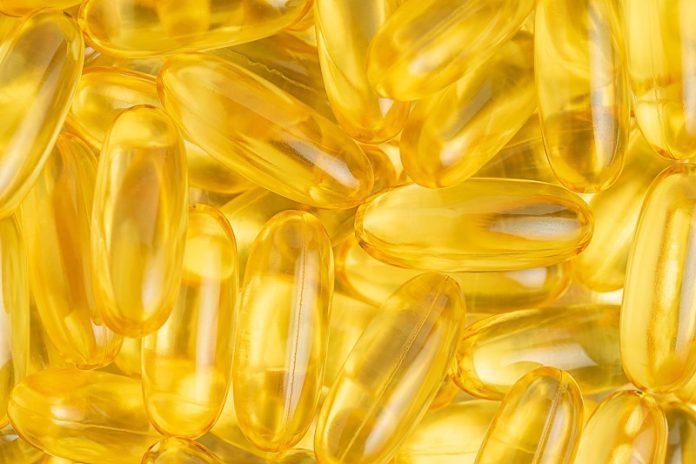
Scientists from the Cancer Registry of Norway found that high vitamin D levels in the body are linked to decreased risk of bladder cancer.
Bladder cancer is a common type of cancer that begins in the cells of the bladder. The bladder is a hollow muscular organ in your lower abdomen that stores urine.
The most common type of bladder cancer is transitional cell carcinoma, also called urothelial carcinoma.
Smoking is a major risk factor for bladder cancer. Other risk factors include older age, being male, exposure to certain chemicals, certain diabetes treatment, family history, and chronic urinary tract infections.
Bladder cancer is often diagnosed at an early stage.
The most common symptom of bladder cancer is blood in the urine (haematuria), which usually occurs suddenly and is generally not painful.
Other less common symptoms include problems emptying the bladder, a burning feeling when passing urine, the need to pass urine often, pain while urinating, and lower abdominal or back pain.
Vitamin D is both a nutrient we eat and a hormone our bodies make.
It is a fat-soluble vitamin that has long been known to help the body absorb and retain calcium and phosphorus; both are critical for building bone.
High levels of vitamin D in the body may reduce the risk of bladder cancer, but the evidence is weak.
In the current study, researchers examined 378 people with bladder cancer and 378 healthy people.
They examined blood samples collected 5-41 years prior to cancer diagnosis, to study the link between vitamin D level and bladder cancer risk.
The researchers found higher levels of vitamin D in the body were linked to a lower risk of bladder cancer when compared with people with lower levels of vitamin D levels.
But the association was not linear but reversed u-shaped. People with optimal levels of vitamin D in the body did not have the lowest risk of bladder cancer.
The team concluded that high levels of vitamin D were associated with a reduced risk of bladder cancer, compared with people with lower vitamin D levels.
The research is published in Cancer Medicine and was conducted by Helga H Hektoen et al.
If you care about cancer, please read studies that artificial sweeteners are linked to higher cancer risk, and how drinking milk affects risks of heart disease and cancer.
For more information about nutrition, please see recent studies about the best time to take vitamins to prevent heart disease, and results showing vitamin D supplements strongly reduces cancer death.
Copyright © 2022 Scientific Diet. All rights reserved.





